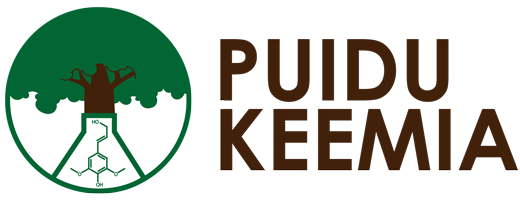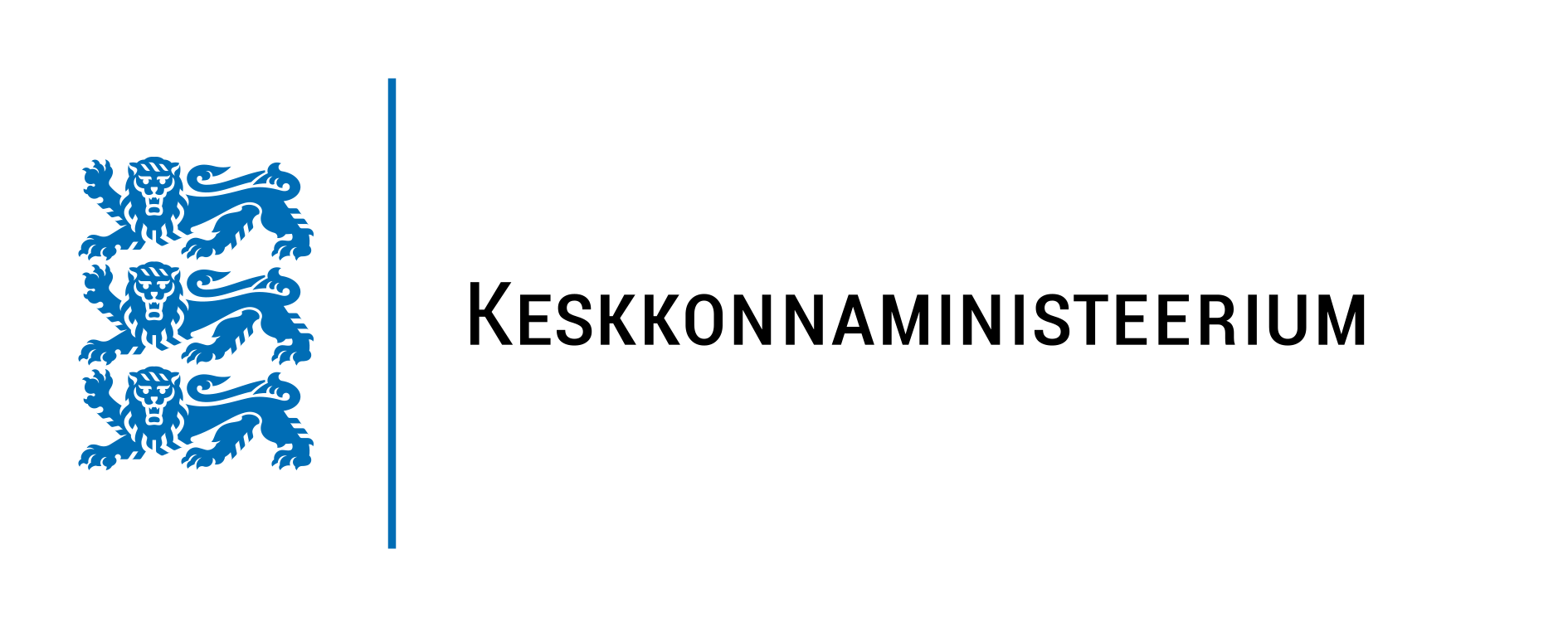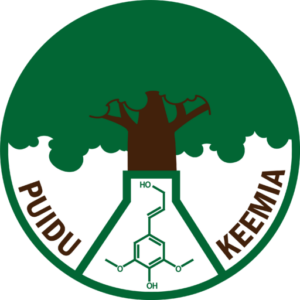Citrus fruits (including tangerines) are one of the most widely cultivated fruits. Citrus fruits contain a whole series of useful bioactive compounds such as essential oils, polyphenols, carotenoids and vitamins. In the tangerine juice industry, the residual part is about 60% of the citrus mass, which consists of peels, seeds, mesocarp and pulp. However, landfilling these waste products without further treatment can cause serious environmental problems. At the same time, this non-edible secondary biomass contains a large amount of bioactive compounds, which makes it an ideal sustainable and renewable raw material for the production of high-value-added chemicals required by the food, pharmaceutical and cosmetic industries.
The aim of the project is to develop and optimize mandarin juice pomace recovery technologies to reduce the environmental footprint of the Georgian mandarin juice industry using circular economy principles. The research focuses on sustainable and effective extraction methods such as steam distillation (for limonene extraction) and ultrasound-assisted extraction (for hesperidin extraction). The goal of developing technologies for the maximum recovery of mandarin juice press residues is the gradual scaling of technology transfer from the laboratory to industry and the application of the technology in an industrial process.



